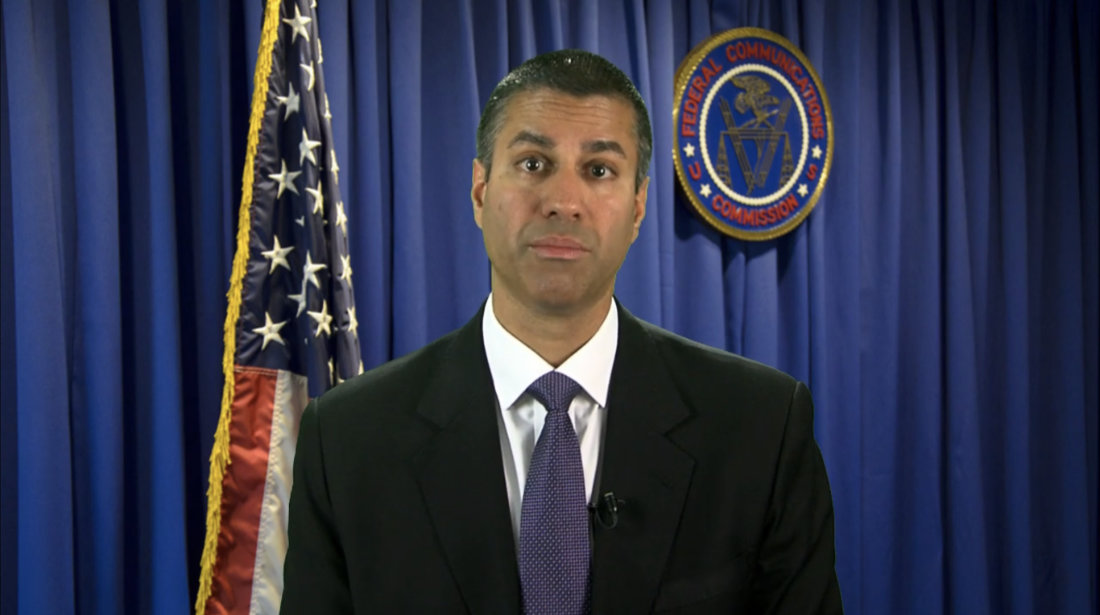The Federal Communications Commission (FCC) has voted to free up spectrum currently reserved for automotive safety to improve WiFi.
The spectrum in question is the 5.9 GHz band. The spectrum was originally intended for vehicles to be able to communicate with each other, as well as to allow emergency vehicles to change traffic lights as needed. Despite the spectrum being reserved for that purpose since 1999, the automotive industry has yet to utilize the spectrum to its full potential.
As a result, the FCC has voted to use a portion of the spectrum to improve WiFi connectivity.
Specifically, the new band plan designates the lower 45 megahertz (5.850-5.895 GHz) for unlicensed uses and the upper 30 megahertz (5.895-5.925 GHz) for enhanced automobile safety using Cellular Vehicle-to- Everything (C-V2X) technology.
In announcing the decision, FCC Chairman Ajit Pai discussed how the coronavirus pandemic has highlighted the need for reliable broadband internet.
First, there is a pressing need for us to allocate additional spectrum for unlicensed operations.2 The pandemic has underscored that consumers need access and more bandwidth to be able to engage in telework, remote learning, telehealth, and other broadband-related services. And we have proof—not a concept, but actual evidence—that 5.9 GHz spectrum can help quickly address this need.
Pai also emphasized how the automotive industry has shifted its focus. While the 5.9 GHz spectrum was originally reserved for Intelligent Transportation System (ITS) services and designated Dedicated Short-Range Communications (DSRC), the industry has recently moved toward C-V2X technology.
Second, the automotive industry has pivoted from DSRC to Cellular Vehicle-to-Everything (C-V2X) technology. C-V2X is more reliable and resilient than DSRC and can take advantage of cellular- based connectivity to offload non-safety-of-life communications. C-V2X has momentum both domestically and internationally, with automakers such as Ford, Audi, Daimler, BMW, and Jaguar Land Rover pursuing deployment of C-V2X equipment.
The decision has already been met with criticism, although it remains to be seen if there will be any serious challenges to it.




 WebProNews is an iEntry Publication
WebProNews is an iEntry Publication